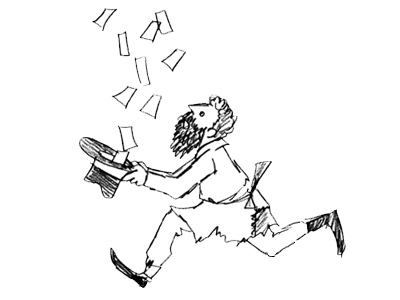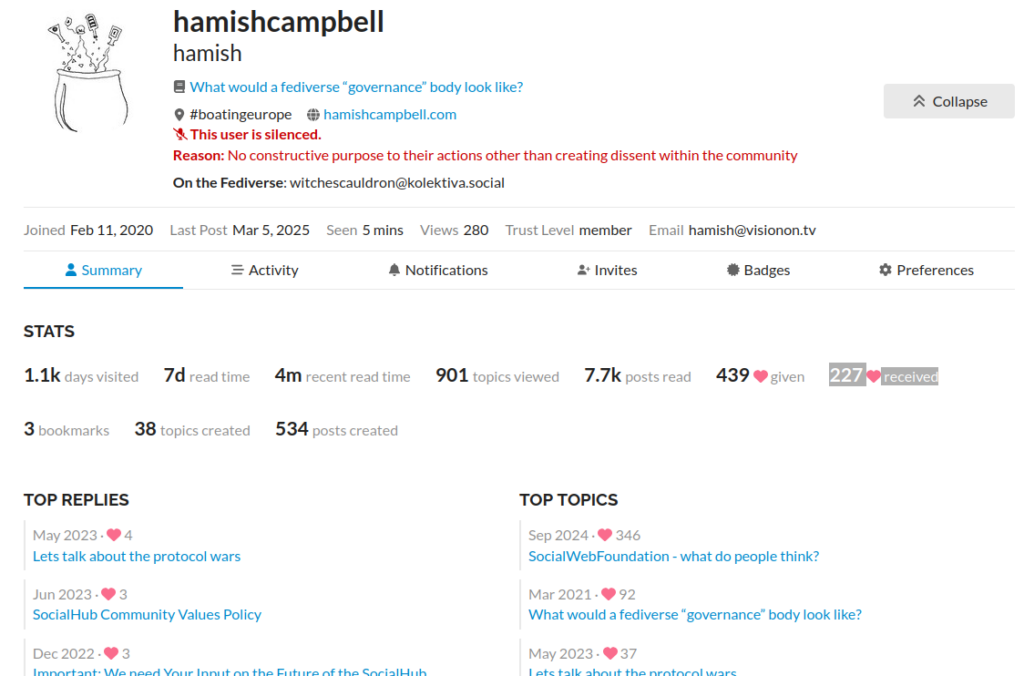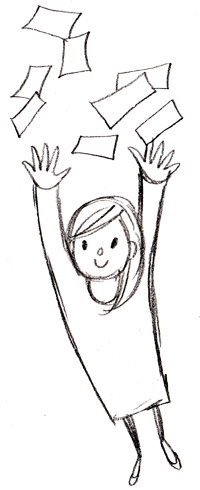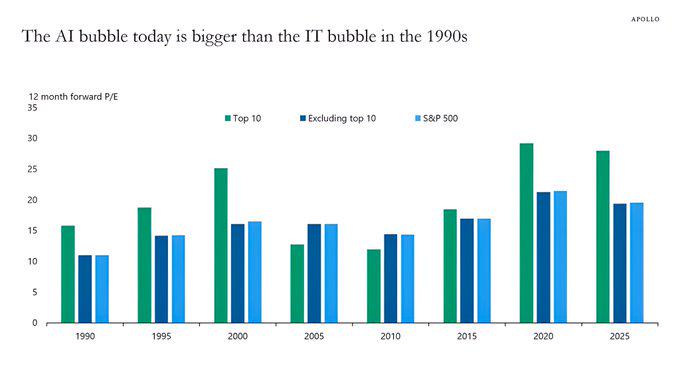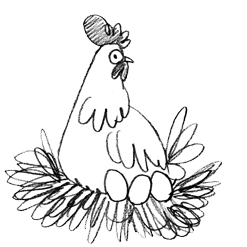Let’s look at an example of how belief systems shape political reality. Some people still deliberately conflate anti-Zionism with anti-Semitism. This confusion isn’t neutral, it shapes how discussions are framed, who gets silenced, and which political paths remain possible. Let’s be clear:
- Anti-Semitism is racism. It targets Jewish people as a people. It is hate, exclusion, and violence, and it must be opposed wherever it appears.
- Anti-Zionism is political opposition to a state ideology and to actions carried out in its name, particularly when that ideology manifests as ethnic nationalism, apartheid, and genocide. Criticising state power and political structures is not racism; it is part of political accountability.
Much of the current framing is not about honest thinking, it is about strategy. By collapsing these two terms together, critics of state violence can be delegitimised without engaging with what they are actually saying. Debate is shifted away from material realities and toward defensive arguments about identity.
We need to refuse this mess-making. Instead of getting trapped in endless semantic battles, shift the focus toward power and consequences of who holds power? Who is being harmed? What structures enable that harm? Then, how do we build paths toward justice that do not reproduce oppression?
Moments of political rupture – scandals, revelations, shifting alliances – expose how #mainstreaming narratives are constructed and maintained. When these moments occur, people become more open to questioning “common sense.” That creates opportunities for real social change and challenge.
The goal is not to win rhetorical battles inside broken frames, but to move discussion toward ethical clarity and collective responsibility. Focus on actions, structures, and outcomes, not weaponised labels designed to shut conversation down.
This dynamic reflects a broader pattern. People often live inside belief systems that function like religions, even when they present themselves as purely rational. These systems shape what appears normal, possible, or inevitable, and define which questions are allowed.
Modern economics is one of the most powerful of these belief systems. Despite presenting itself as objective and scientific, much contemporary economic thinking has only a tenuous connection to physical reality – ecosystems, material limits, social relationships, and lived community experience. Instead, it operates through abstract models centred on growth, competition, and individual optimisation. These abstractions become controlling myths of markets become invisible gods, “efficiency” becomes moral virtue and growth becomes salvation.
Humans have always created symbolic systems to understand complexity. The problem emerges when these systems detach from the material world. When that happens, distorted decision-making becomes inevitable. Ethnic cleansing, #climatechaos, ecological breakdown, social fragmentation, and recurring conflict are not anomalies, they are predictable outcomes of a worldview that treats nature and community as externalities.
One of the deepest misunderstandings reinforced by liberal ideology is the belief that society is simply the sum of independent individuals. In reality, the individual – their freedom, reason, and identity – emerges from social relationships. Strong individuals are produced by healthy collective structures, not opposed to them.
This insight sits at the heart of anarchist and commons-based traditions, and it was central to the original spirit of the #openweb. This is why the open web – and #OMN – matter, they represent a break from economic fundamentalism because they treat infrastructure as commons rather than commodities by prioritises interoperability, shared stewardship, and collective agency over enclosure and extraction.
By strong contrast, the #mainstreaming #closedweb (#dotcons platforms) reflects economic dogma of enclosure instead of openness, surveillance instead of trust and platform ownership instead of shared governance leading to individual extraction instead of collective flourishing.
The tragedy is that many “alternatives” risk reproducing the same patterns because they inherit the same assumptions. This is why #OMN matters, it isn’t simply another technical project, it is a shifting of the underlying social logic from product thinking to ecosystem thinking, from institutional control to community process (#4opens), from scale as success to resilience as success, to move from abstract models to lived social reality
If modern economics functions as a religion disconnected from nature, then grassroots digital commons are a form of re-grounding. They reconnect technology with human needs, ecological awareness, and collective agency.
We need to be composting the myths. Across both examples – geopolitical narratives and economic ideology – the task is similar: compost the myths. Recognise which assumptions no longer serve us so that new forms can grow. That means questioning inherited narratives, rejecting reactionary nationalism, and building alternatives rooted in shared stewardship and open process.
The #openweb, at its best, is not nostalgia or utopian fantasy. It is a recognition that healthy systems grow from real communities and collective care. And perhaps the most radical step is simply this: step outside our inherited belief systems long enough to remember that we built the web together – and we can rebuild it differently.
Best not to be evil about this. #KISS
It’s interesting to think about the idea of good and bad faith when dealing with people in change and challenge interactions. If you spend time in life doing activism, this will be an ongoing, unpleasant reacuringing relationship. When pushing aside, pushing back #mainstreaming there will be a lot of bad faith coming at you, your good faith is the best and likely only defence.



